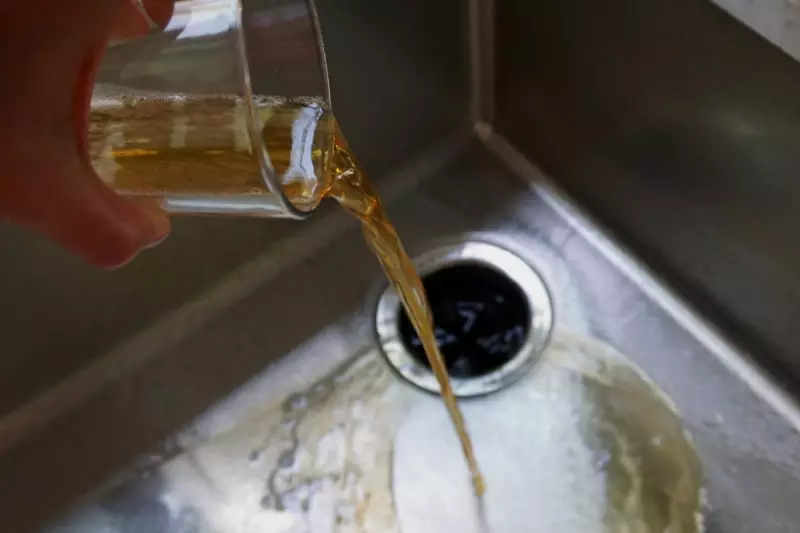
That morning ritual of brewing coffee could have costly consequences if you're not careful about disposal. According to recent environmental regulations, pouring leftover coffee grounds down the drain might actually be illegal in some circumstances.
The Hidden Cost of Your Caffeine Habit
While it might seem harmless to rinse coffee dregs down the sink, this common practice contributes to significant drainage issues across the UK. The problem lies in coffee grounds' tendency to clump together when mixed with water and other substances in pipes.
Why Coffee Grounds Cause Chaos
Environmental experts warn that coffee grounds are a major contributor to blocked drains and sewer problems. When combined with fats, oils, and grease from other kitchen waste, they form solid masses that can:
- Completely block household pipes
- Contribute to larger sewer blockages
- Damage water treatment facilities
- Increase maintenance costs for water companies
Legal Consequences You Need to Know
Under the Environmental Protection Act 1990 and subsequent water industry regulations, households can be held responsible for blockages caused by improper waste disposal. While individual cases are rare, persistent offenders or those causing significant blockages could face:
- Initial warning letters from water companies
- Charges for clearance work if blockages are traced to your property
- Potential fines for environmental damage in severe cases
Proper Disposal Methods
Instead of reaching for the sink, consider these environmentally friendly alternatives:
Composting: Coffee grounds make excellent compost material, rich in nitrogen and perfect for garden use.
General waste: Simply place cooled coffee grounds in your regular food waste bin or general household waste.
Creative reuse: Some gardeners use coffee grounds as a natural pest deterrent or odour absorber.
The Bigger Environmental Picture
Water companies across the UK spend millions annually clearing blockages caused by food waste and other materials improperly disposed of down drains. By changing simple habits like coffee disposal, households can contribute to reducing this environmental burden and potentially avoid unexpected financial penalties.
While the chance of receiving an immediate fine for a single coffee disposal incident is low, the cumulative effect of this practice across millions of households creates real environmental and infrastructure problems that ultimately affect everyone through higher water bills and environmental damage.





